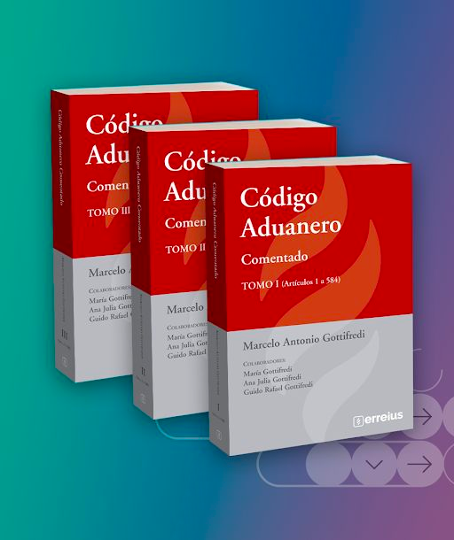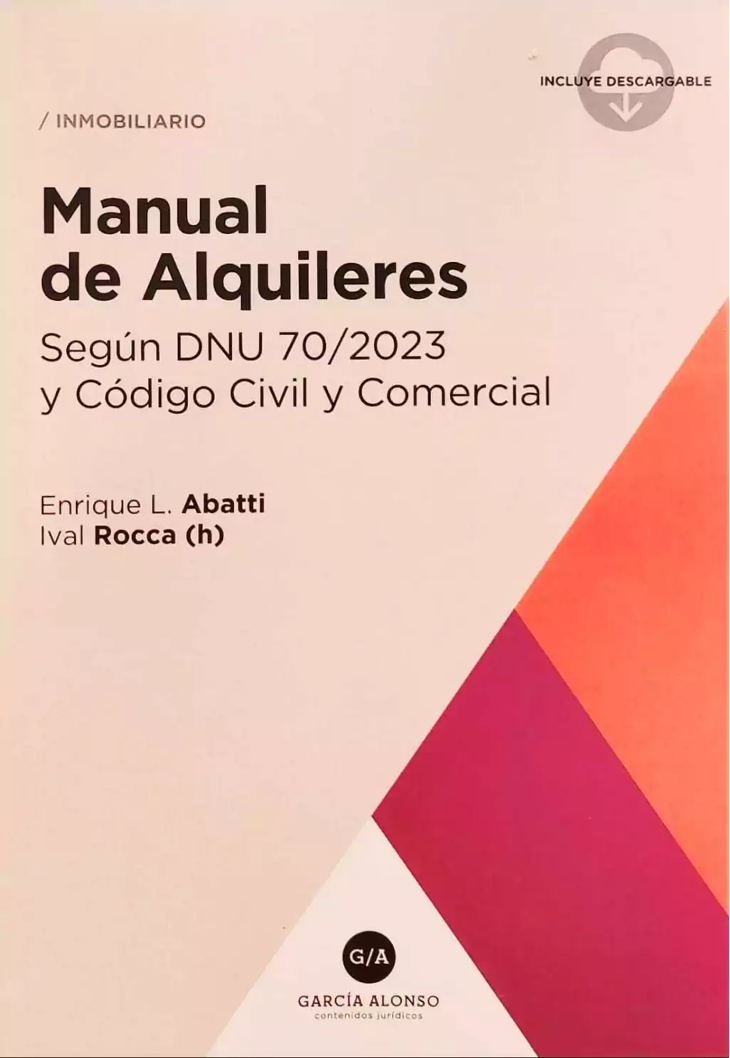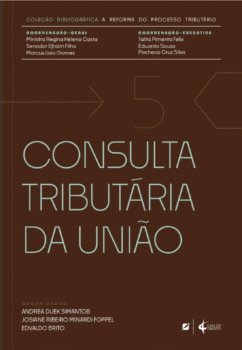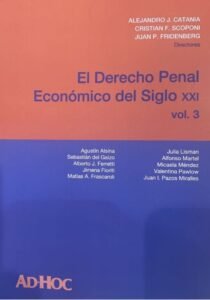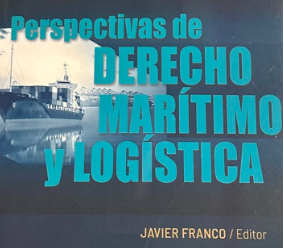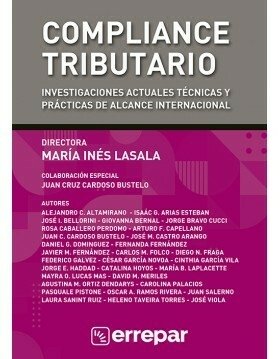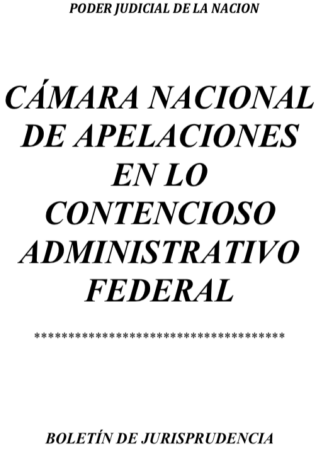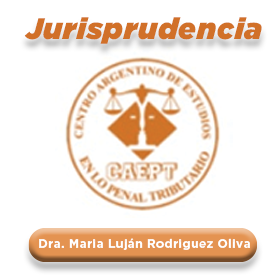La OMC publicó la nueva edición del Manual del Acuerdo sobre los ADPIC
La OMC publicó la segunda edición de “A Handbook on the WTO TRIPS Agreement” (Manual del Acuerdo de la OMC sobre los ADPIC), que describe los antecedentes históricos y jurídicos del Acuerdo sobre los Aspectos de los Derechos de Propiedad Intelectual relacionados con el Comercio (ADPIC), su función dentro de la Organización y su marco institucional. La publicación coincide con el 25º aniversario de la entrada en vigor del Acuerdo.
Building on the first edition published in 2012, the Handbook provides a comprehensive and non-technical explanation of the TRIPS Agreement. Topics reviewed cover general provisions and basic principles; copyright and related rights; trademarks; geographical indications; patents; industrial designs, layout designs, undisclosed information and anti-competitive practices; enforcement of intellectual property rights; dispute settlement; TRIPS and public health; and current TRIPS issues.
The book also contains a guide to TRIPS notifications by WTO members and describes how to access and make use of the official documentation relating to the TRIPS Agreement and connected issues. Furthermore, it includes the legal texts of the TRIPS Agreement and the relevant provisions of the World Intellectual Property Organization (WIPO) conventions referred to in it, as well as subsequent relevant WTO instruments.
The new edition includes the amendment to the TRIPS Agreement that entered into force in 2017, marking the first time since the organization opened its doors in 1995 that WTO accords had been amended, and provides updates on other recent developments.
The publication was edited by Antony Taubman, Director of the Intellectual Property, Government Procurement and Competition Division of the WTO, Hannu Wager, a senior officer of that division, and Jayashree Watal, a former member of the division.
In the preface, Antony Taubman says: «The need for a practical knowledge of TRIPS, its provisions, and its institutional context extends beyond the traditional circle of trade negotiators and IP lawyers, and this Handbook has been prepared to serve the needs of this wider community of legislators, diplomats, policy-makers, other government officials, representatives of the civil society and industry, practitioners, journalists, students and other interested parties in the general public.»
OMC








